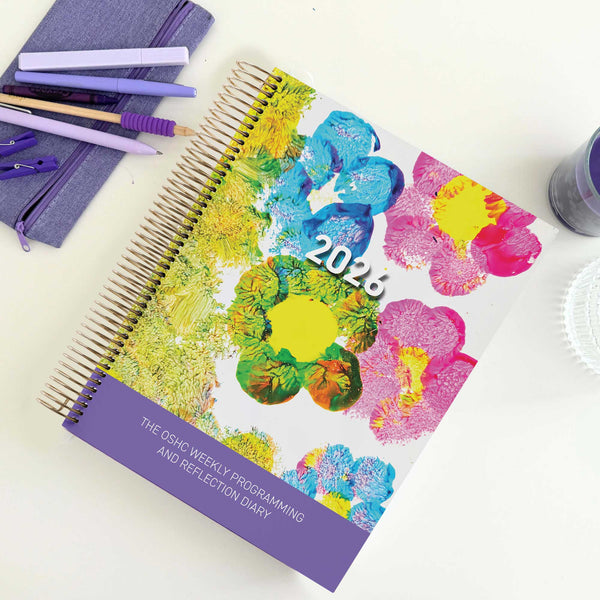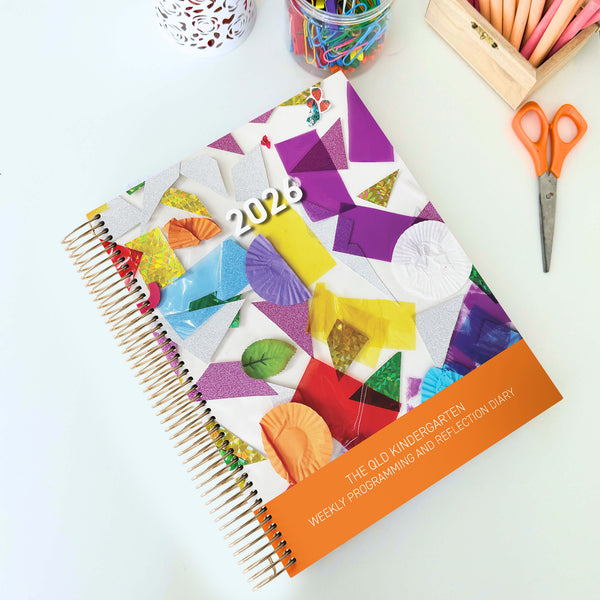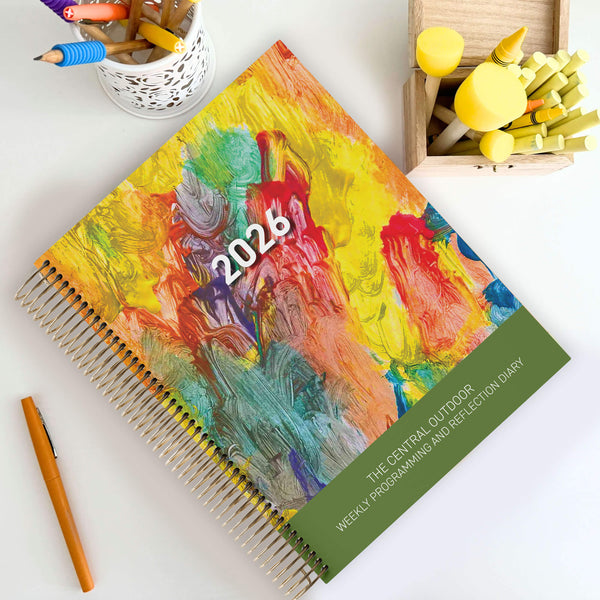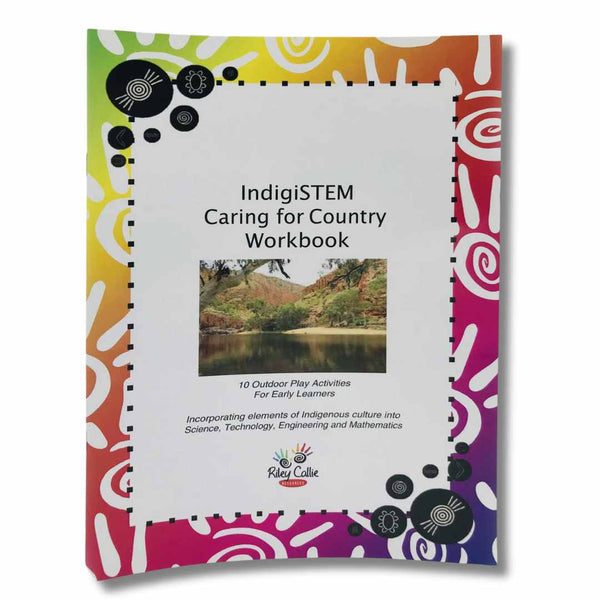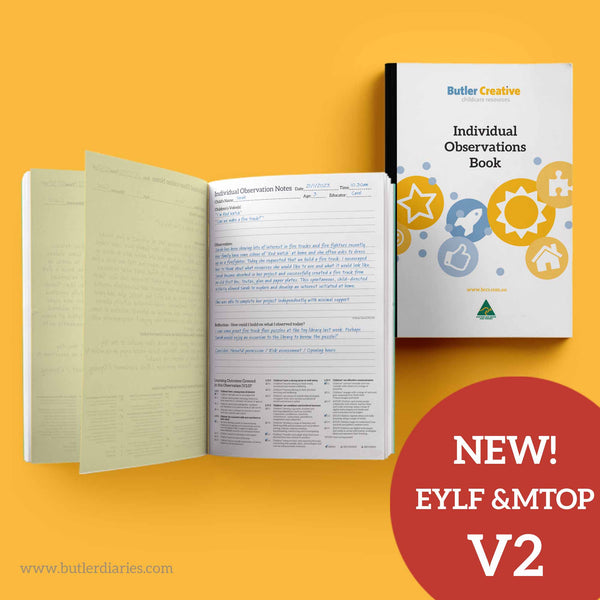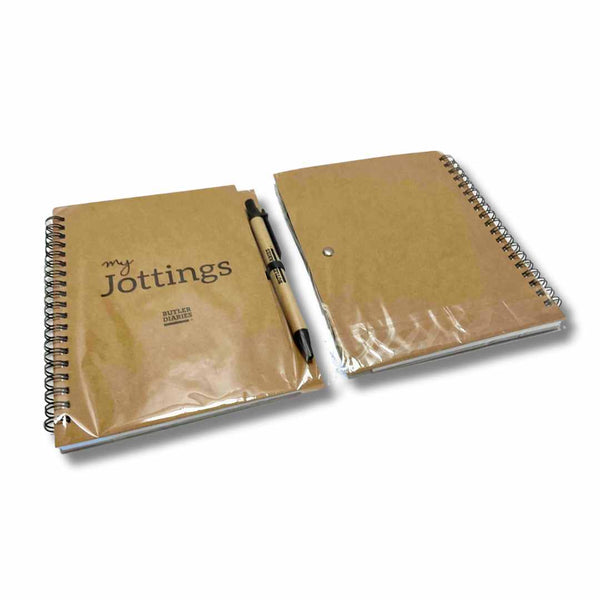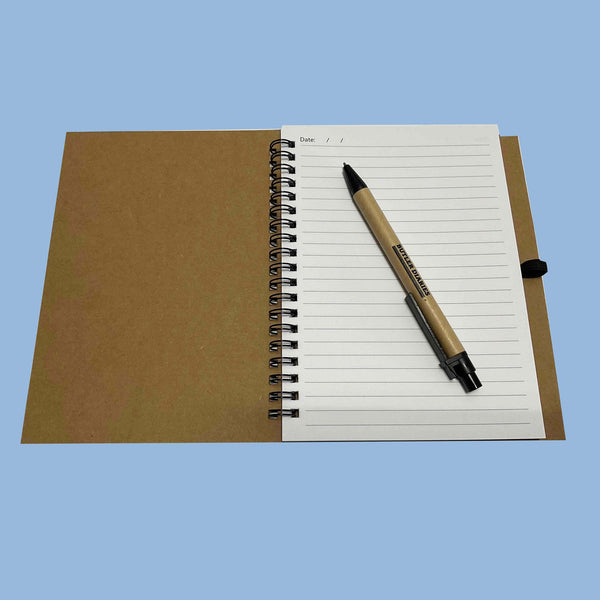Easter is a time for celebration, fun and learning! It is also a great opportunity to engage young children in STEM (Science, Technology, Engineering, and Mathematics) experiences. STEM experiences help children develop critical thinking skills, creativity, problem-solving skills, and teamwork. Here are five STEM experiences that are perfect for early childhood education and care services during the Easter season.
1. Egg Decorating
Decorating Easter eggs is a classic Easter activity. Encourage children to use their creativity to decorate eggs with paint, markers, stickers, and other materials. This activity helps children develop fine motor skills and allows them to experiment with colour mixing.
During this experience, children are:
- Becoming strong in their physical learning and mental wellbeing (LO3.2), by manipulating equipment and managing tools,
- Developing a growth mindset and learning dispositions such as curiosity, cooperation, confidence, creativity, commitment, enthusiasm, persistence, imagination and reflexivity (LO4.1), by using play to investigate, imagine and explore ideas, engaging in creative experiences, and using their senses to play and explore,
- Beginning to understand how symbols and pattern systems work (LO5.3), by beginning to identify colours.
Extension idea:
Create your own paint and colours using natural materials (dirt, sand, orchre, etc).

2. Vinegar Eggs
Investigate why Vinegar dissolves an egg shell. All you need is eggs, a glass, and white vinegar. Watch as bubbles begin to collect around the shell (a sign of the chemical reaction) and 24 hours later check out your shell-less egg (it may need longer). You can even create different eggs to compare, 24 hours in vinegar, 48, 72. Take your experiment further and try to lift the egg out (some may break so great to have backups), how has it changed? Does it look, feel, and smell different?
According to The Indianapolis Public Library: "Vinegar is an acid. Eggshells are made of calcium carbonate. If you soak an egg in vinegar the eggshell will absorb the acid and break down, or dissolve. The calcium carbonate will become carbon dioxide gas, which will go into the air."
During this experience, children are:
- Developing a growth mindset and learning dispositions such as curiosity, cooperation, confidence, creativity, commitment, enthusiasm, persistence, imagination and reflexivity (LO4.1), being curious and enthusiastic participants in learning, by using play to investigate, test, hypothesis, imagine and explore ideas, participating in a variety of rich and meaningful inquiry-based experiences, engaging in creative experiences, and using their senses to play and explore,
- Developing a range of learning and thinking skills and processes such as problem solving, inquiry, experimentation, hypothesising, researching and investigating (LO4.2), by using trial and error to explore different possibilities through 'cause and effect', applying a wide variety of thinking strategies to engage with situations and solve problems, making predictions and generalisations about the world, exploring through asking questions, experimenting, and investigating, manipulating objects and experimenting with 'cause and effect', trial and error, and motion, using reflective thinking to consider why things happen and what can be learnt from these experiences, developing and testing theories to solve problems,
- Interacting verbally and non-verbally with others for a range of purposes (5.1), such as responding verbally and non-verbally to what they see, hear, touch, feel and taste, contributing their ideas and experiences in play, small and large group discussions, listening to and acting upon simple directions, interacting with others to explore ideas and concepts, clarify and challenge thinking.
Extension idea:
The egg should now bounce (at a low height), experiment with a real egg and your vinegar egg. What happens when each egg is dropped? Change heights and see if how long it takes your vinegar egg to break.

3. Easter Bunny Numeracy:
Use Easter bunny shapes and other Easter-themed items to teach basic numeracy skills such as counting, sorting, and patterning.
During this experience, children are:
- Interacting verbally and non-verbally with others for a range of purposes (5.1), such as contributing their ideas and experiences in play, small and large group discussions, listening to and acting upon simple directions, interacting with others to explore ideas and concepts, clarify and challenge thinking,
- Beginning to understand how symbols and pattern systems work (LO5.4), by noticing and predicting patterns, beginning to sort, categorise, order and compare collections and attributes of objects and materials, and beginning to identify and using the names of basic colours and simply shapes.
Extension Idea: Add a language focus by using story telling, for example, on the bunny's walk she finds 1 pink egg and 1 blue egg to put in her basket, how many eggs does she have in her basket?
4. Egg Rolling
Set up a ramp or track and challenge children to roll eggs down it. This activity helps children develop problem-solving skills as they experiment with different angles and speeds.
During this experience, children are:
- Developing a growth mindset and learning dispositions such as curiosity, cooperation, confidence, creativity, commitment, enthusiasm, persistence, imagination and reflexivity (LO4.1), being curious and enthusiastic participants in learning, by using play to investigate, test, hypothesis, imagine and explore ideas, participating in a variety of rich and meaningful inquiry-based experiences, engaging in creative experiences, and using their senses to play and explore,
- Developing a range of learning and thinking skills and processes such as problem solving, inquiry, experimentation, hypothesising, researching and investigating (LO4.2), by using trial and error to explore different possibilities through 'cause and effect', applying a wide variety of thinking strategies to engage with situations and solve problems, making predictions and generalisations about the world, exploring through asking questions, experimenting, and investigating, manipulating objects and experimenting with 'cause and effect', trial and error, and motion, using reflective thinking to consider why things happen and what can be learnt from these experiences, developing and testing theories to solve problems,
- Interacting verbally and non-verbally with others for a range of purposes (5.1), such as responding verbally and non-verbally to what they see, hear, touch, feel and taste, contributing their ideas and experiences in play, small and large group discussions, listening to and acting upon simple directions, interacting with others to explore ideas and concepts, clarify and challenge thinking.
Extension Idea: Add different shaped objects to the experiment, which shape goes faster or further? Does heavy or light objects change how far they go?
5. Easter Basket Engineering
Challenge children to design and build their own Easter baskets using different materials such as paper, cardboard, natural materials, and fabric. This activity encourages children to think about the properties of different materials and how they can be used to create structures.
During this experience, children are:
- Becoming strong in their physical learning and mental wellbeing (LO3.2), by manipulating equipment and managing tools,
- Developing a growth mindset and learning dispositions such as curiosity, cooperation, confidence, creativity, commitment, enthusiasm, persistence, imagination and reflexivity (LO4.1), being curious and enthusiastic participants in learning, by using play to investigate, test, hypothesis, imagine and explore ideas, participating in a variety of rich and meaningful inquiry-based experiences, engaging in creative experiences, and using their senses to play and explore,
- Developing a range of learning and thinking skills and processes such as problem solving, inquiry, experimentation, hypothesising, researching and investigating (LO4.2), by using trial and error to explore different possibilities through 'cause and effect', applying a wide variety of thinking strategies to engage with situations and solve problems, making predictions and generalisations about the world, exploring through asking questions, experimenting, and investigating, manipulating objects and experimenting with 'cause and effect', trial and error, and motion, using reflective thinking to consider why things happen and what can be learnt from these experiences, developing and testing theories to solve problems,
- Interacting verbally and non-verbally with others for a range of purposes (5.1), such as responding verbally and non-verbally to what they see, hear, touch, feel and taste, contributing their ideas and experiences in play, small and large group discussions, listening to and acting upon simple directions, interacting with others to explore ideas and concepts, clarify and challenge thinking.
Extension Idea: What else can the materials be used to build? What about a boat that floats? A hat?

There are many STEM experiences that early childhood education and care services can offer during the Easter season. These activities help children develop critical thinking skills, creativity, problem-solving skills, and teamwork. By incorporating STEM experiences into Easter celebrations, children can have fun while learning important skills that will benefit them in the future.
Don't forget to record all your experiences in your Weekly Programming and Reflection Diary and of course, have a very hoppy Easter!











